Description
The Complete Guide to Understanding Ethereum Cryptocurrency in 2024
What is Ethereum Cryptocurrency?
Ethereum is an open-source, decentralised blockchain network and cryptocurrency launched in 2015. It operates via a global peer-to-peer network and does not rely on any central authority like banks or governments to function.
The cryptocurrency associated with the Ethereum network is called Ether (ETH). It is the second largest cryptocurrency behind Bitcoin in terms of market capitalisation. Ether is the native currency that powers the Ethereum ecosystem.
Key Points:
- Ethereum was proposed in 2013 by Vitalik Buterin and went live in 2015 after a crowdsale to fund its development.
- It is a blockchain-based distributed computing platform that enables smart contracts and decentralized applications (dapps) to be built and operated without downtime.
- Ether (ETH) is the cryptocurrency used to pay for transaction fees and computational services on the Ethereum network. It can be traded on cryptocurrency exchanges.
- In contrast to Bitcoin’s focus on peer-to-peer digital cash, Ethereum enables decentralised computing powered by ether.
While Bitcoin operates as a decentralised digital currency, Ethereum operates as a decentralised computer network, executing peer-to-peer contracts using ether. Ether is rewarded to miners who contribute computing power to process transactions and secure the network.
Ethereum enhances Bitcoin’s design significantly and unlocks a broader range of functionalities beyond mere fund transfers between addresses, a capability limited to Bitcoin. Now, let’s delve deeper into how Ethereum works.
How Does Ethereum Work?
Ethereum utilizes blockchain technology to create a decentralised computing system that can execute peer-to-peer smart contracts.
The Ethereum blockchain network has the following key components:
- Ethereum Virtual Machine (EVM) – The virtual machine that every node runs on to power the network. It executes contract bytecode, essentially running the decentralised apps built on Ethereum.
- Ether – The cryptocurrency used to pay for transaction fees and services on the network. It incentivises miners to validate transactions and secure the blockchain.
- Ethereum Wallet – Software that holds ether and enables interacting with Ethereum like transacting, deploying smart contracts, crypto collectibles, etc. Popular options are MetaMask, MyEtherWallet.
- Ethereum Account – Accounts have a ether balance and can transfer funds. Two account types exist: user accounts controlled by private keys and contract accounts controlled by code.
- Mining – The process where miners use computing power to validate transactions, produce new blocks, and are rewarded with ether for their work. This secures the network.
- Gas – The fee required to successfully conduct a transaction or run smart contract code on Ethereum. Paid in ether, gas is computed based on the computational complexity of the action.
The Ethereum blockchain relies on numerous nodes operating the EVM to achieve consensus and maintain updates. Mining nodes play a crucial role in validating transactions for inclusion in blocks. These nodes are incentivized through the reward of newly minted Ether for their efforts.
This consensus mechanism is essential to keeping the Ethereum network trustworthy, secure and decentralised.
Ethereum Smart Contracts
One of the key innovations of Ethereum is its support for smart contracts – self-executing code that runs on the blockchain.
Smart contracts are programs stored on the Ethereum blockchain that run as programmed without risk of downtime, censorship, or third party interference.
They earn the moniker “smart” due to their construction with logic that empowers them to process inputs and conditions specified by the developer, subsequently executing the terms of an agreement automatically.
Some key points about Ethereum smart contracts:
- They are deployed and executed on the blockchain and run exactly as programmed.
- They are immutable and transparent since the code is recorded on the blockchain.
- They can enforce contractual terms and conditions without intermediaries.
- They can transfer value, store data, and interact with other contracts.
- They are triggered by transactions sent to their address.
Here are some examples of how smart contracts are being used on Ethereum:
- Financial Derivatives – Options, swaps, futures automatically settled by code.
- Identity & Reputation Systems – User identity, credentials verification, ratings.
- Supply Chains – Tracking authenticity and origins of products.
- Digital Collectibles – Non-fungible tokens (NFTs) like crypto art.
- Gaming – Crypto collectible games with transferable digital assets.
Overall, smart contracts enable a wide variety of decentralised blockchain-based applications to be built on Ethereum. They are a core component that adds utility and value to the network.
Why Does Ethereum Have Value?
There are several key factors that give Ethereum cryptocurrency its value:
- Scarcity – Only about 120 million ETH will ever exist. New ether is minted by mining but the total supply is capped, creating digital scarcity.
- Utility Value – ETH powers the Ethereum network by allowing you to pay gas fees for transactions. Ether is required to build or use any application on Ethereum, creating intrinsic utility.
- Perceived Value – The perceived value of ETH comes from demand fueled by investors, users, and developers building on Ethereum. Network effects drive adoption.
Ether derives its value from:
- Enabling transactions, smart contracts, and applications on Ethereum. ETH is required for any network activity.
- Allowing participation in the network through mining. ETH mining incentives secure the blockchain.
- Exchange listing and tokenization. Many crypto assets require ETH as “gas” for transactions.
- Developer adoption. Thousands of developers are building apps that require ETH to function.
- Investor speculation. Speculators predicting Ethereum’s future creates market demand.
- Scarcity of supply. The capped maximum ensures increasing scarcity as adoption grows.
In essence, Ethereum cryptocurrency is backed by Ethereum’s usefulness as a computing platform for finance, games, identity, NFTs, and more. The utility of the network drives demand for ether.
Ethereum Use Cases
Here are some of the top use cases that highlight Ethereum’s utility:
- Decentralized Finance (DeFi) – Ethereum powers decentralized finance apps like lending, borrowing, derivatives, payments without traditional intermediaries.
- Stablecoins – Stable cryptocurrencies pegged to assets like the US dollar often rely on Ethereum smart contracts.
- Non-Fungible Tokens (NFTs) – Unique digital assets like collectibles, art, games use Ethereum smart contracts.
- DAOs (Decentralized Autonomous Organizations) – Leaderless organizations that use smart contracts to codify rules and automate governance.
- Tokenization – Creating digital tokens to represent assets like company equity, commodities, real estate on Ethereum.
- Metaverse and Web3 – Virtual worlds, games, social spaces being built on Ethereum’s decentralized web3 ecosystem.
- Supply Chain – Using smart contracts to track authenticity and origins of products like food, medicine, luxury goods.
Ethereum allows creating programmable, trustless agreements and automated smart contracts for virtually any application. These decentralized apps require ETH to operate, driving utility.
As more projects build on Ethereum, they boost adoption and utilization, increasing the value and longevity of the network.
How to Buy Ethereum Cryptocurrency
Here is a simple 3 step process to purchase Ether:
- Get an Ethereum Wallet
An Ethereum wallet allows you to securely store ether and use it. Wallets come in different forms like browser extensions (MetaMask), hardware wallets, mobile apps, and web wallets. Each have their own pros and cons regarding security and convenience.
- Choose a Cryptocurrency Exchange
Cryptocurrency exchanges allow you to buy and sell ether using fiat currencies or other cryptocurrencies. Popular exchanges include Coinbase, Kraken, Binance. You’ll need to create an account and verify your identity.
- Make Your Purchase
Once your exchange account is setup, you can buy ether with a bank transfer, debit card, or by converting from a cryptocurrency you already own. Exchanges offer market rates and fees will apply. You can then withdraw the ether to your secured wallet.
Some tips when buying Ethereum:
- Start with a small amount to test the process before larger purchases.
- Enable two-factor authentication on your exchange account for added security.
- Transfer the purchased ether to your personal wallet to store it safely offline.
- Be sure to follow all local laws and regulations when using a cryptocurrency exchange.
Purchasing Ethereum opens up the ability to use the Ethereum blockchain, trade digital assets, and more. Take the time to learn about properly securing your cryptocurrency after buying.
The Future of Ethereum
Ethereum has ambitious plans for future development to scale the network and evolve its capabilities:
- Ethereum 2.0 – A major upgrade that transitions Ethereum to a proof-of-stake consensus model on a new parallel blockchain known as Beacon Chain. This aims to improve scalability, security, and sustainability.
- Sharding – Partitioning the blockchain into multiple shards to spread out the computational and storage workload across many nodes. Expected to launch in late 2022.
- eWASM – Replacing the Ethereum Virtual Machine with a new WebAssembly-based VM that will provide faster processing for dapps.
- State Rent – Charging contracts a fee for storing data on the blockchain to mitigate blockchain bloat.
- Plasma – Using sidechains anchored to the main Ethereum chain to enable faster and cheaper transactions while benefitting from Ethereum’s security.
Ethereum adoption challenges:
- Competition – Other blockchains like Cardano, Solana, Polkadot offer alternatives for smart contracts and DeFi.
- Scalability – Inability to process more transactions per second and high gas fees impact usability. Ethereum 2.0 aims to help.
- Security Issues – Smart contract vulnerabilities have led to hacks and losses, though coding practices are improving.
- Regulation – Unclear regulatory environment creates uncertainty though governments are still figuring out policies.
If Ethereum can successfully transition to Ethereum 2.0 in the next few years, along with maturing these other planned upgrades, it will solidify its position as the leading smart contract blockchain.
Ethereum vs Other Cryptocurrencies
Ethereum vs Bitcoin
While Bitcoin operates as decentralised digital money, Ethereum is a decentralised computer network for running applications. Some key differences:
- Bitcoin offers simple peer-to-peer transactions. Ethereum enables complex programmable smart contracts.
- Bitcoin has a fixed scripting language. Ethereum allows developers to write any application in a Turing-complete programming language.
- Bitcoin aims to be digital cash. Ethereum aims to be a world computer you can program to run “smart contracts”.
- Bitcoin uses a proof-of-work (PoW) consensus algorithm. Ethereum is transitioning to proof-of-stake (PoS) consensus that is far more energy efficient.
Ethereum vs Other Smart Contract Networks
Ethereum was the first smart contract blockchain but now competes with other similar networks like Cardano, BNB, Polygon, Solana, Polkadot, etc. Each offers technological improvements over Ethereum like greater scalability, interoperability, and sustainability.
However, Ethereum still leads in developer adoption, network effects, dapps, and market cap. The coming Eth2 upgrades aim to allow Ethereum to scale while still maintaining decentralisation and security, strengthening its dominance in smart contract capabilities.
Conclusion
Ethereum has emerged as a leading blockchain network for decentralised applications featuring smart contracts, powered by the cryptocurrency ether. With capabilities beyond just payments, Ethereum enables innovative programmable agreements and automated solutions for finance, identity, supply chains, tokenized assets, and more.
The utility value of the Ethereum network drives the demand and price for its native crypto ETH. While not without challenges, if Ethereum can achieve its ambitious scaling plans to become a true world computer, it has the potential for massive growth and mainstream adoption.
Ethereum and the transition to decentralized web3 applications are still in their nascent stages. By taking the time to learn about how Ethereum works and its vision for the future, you can better evaluate if investing in ETH matches your risk tolerance as part of a diversified crypto asset portfolio.
Cryptocurrency – Ethereum T-Shirt
After reading this comprehensive guide to understanding Ethereum, you may feel inspired to demonstrate your support for the pioneering smart contract blockchain network. An Ethereum t-shirt allows ETH fans to showcase their interest in this groundbreaking cryptocurrency technology.
Whether you already own some ETH or are looking to buy your first ether tokens, an Ethereum t-shirt makes a great addition to any cryptocurrency enthusiast’s wardrobe. The Ethereum logo enjoys global recognition, making it simple for you to identify yourself as a member of the web3 community.
Pair your Ethereum t-shirt with jeans or wear it to a fintech conference to highlight your knowledge of blockchain platforms. Or give it as a gift to a coworker diving into learning solidity or exploring Ethereum-based NFTs.
Below are some links related to the Cryptocurrency – Ethereum T-Shirt news:
- Wiki – Ethereum
- Ethereum.org – INTRO TO ETHEREUM
- Ethereum Foundation
- Investopedia – Cryptocurrency Explained With Pros and Cons for Investment
- BankofEngland – What are cryptoassets?
- Forbes – What Is Cryptocurrency?
- Telegraph – The mistakes to avoid when buying cryptocurrency in 2022
- Forbes – Bitcoin Payments Are Great, But Stablecoins Are The Future Of Crypto – Visa Is Just The Beginning
- Coindesk – Ethereum
We hope you like our project!


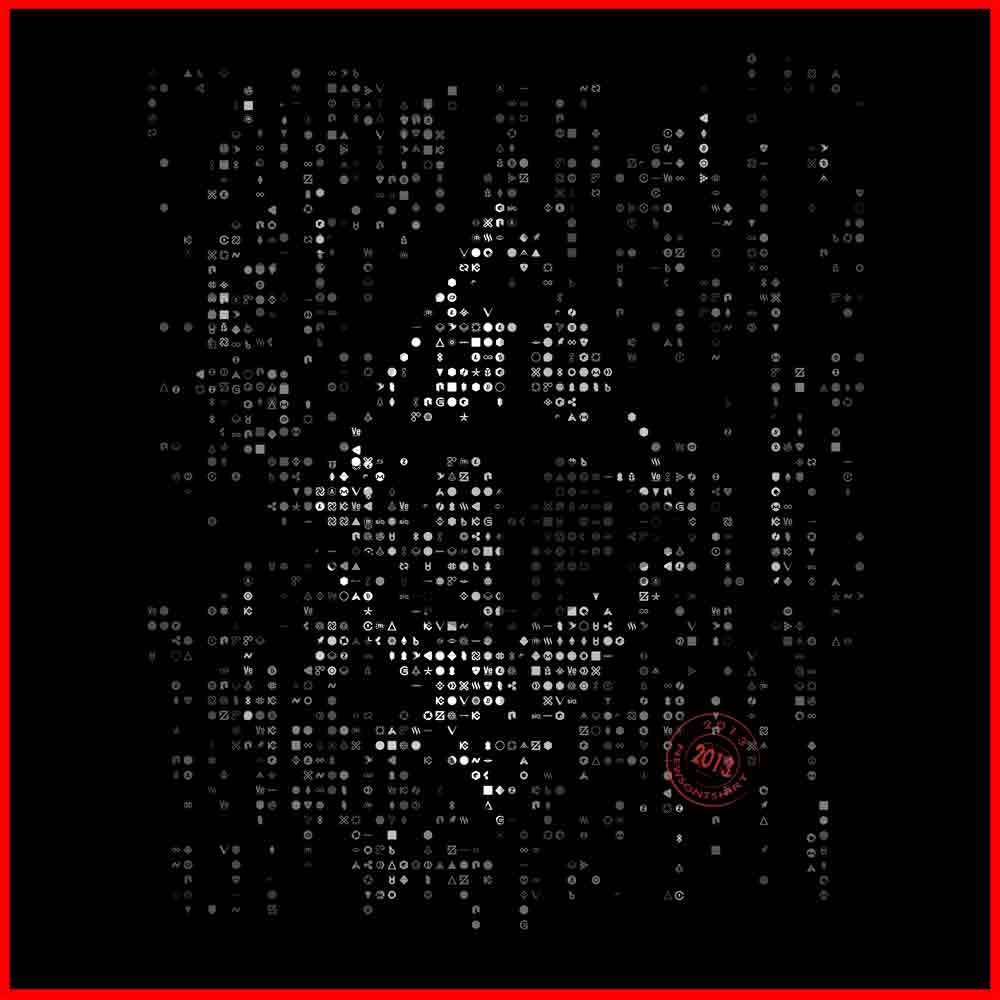
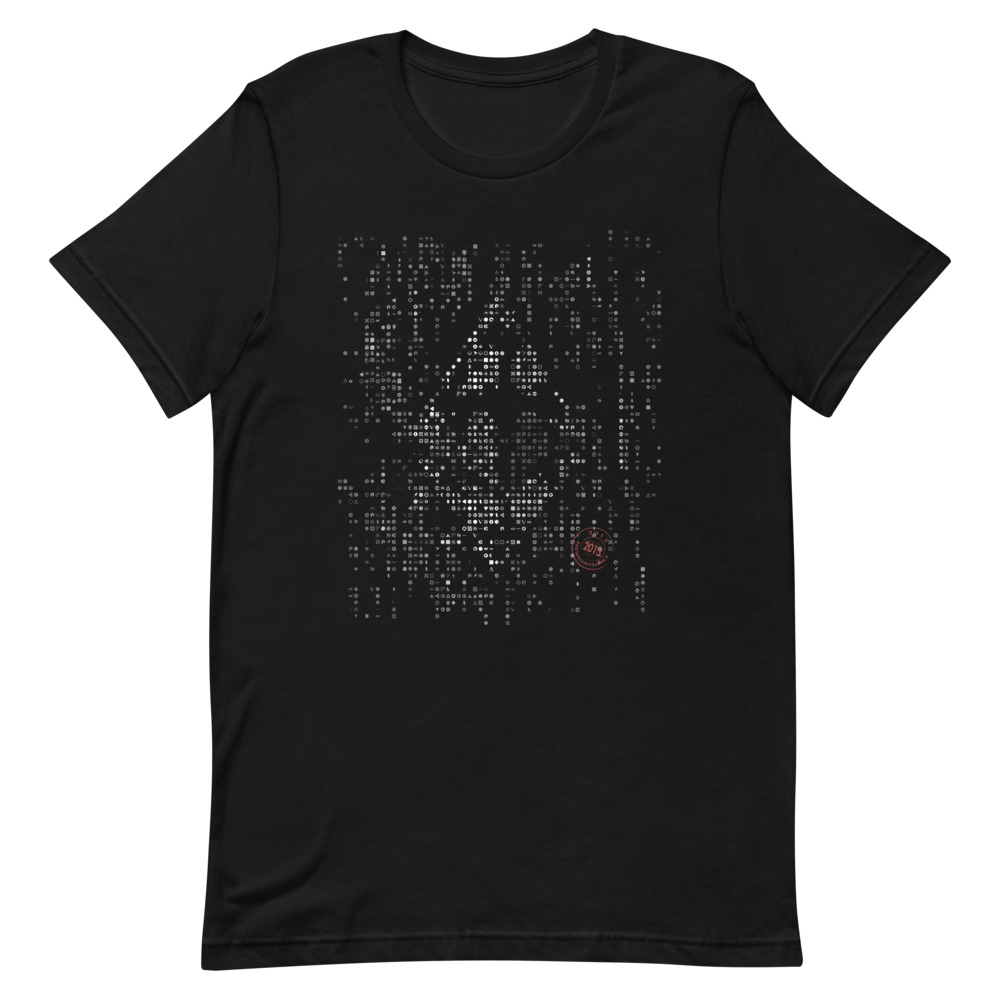
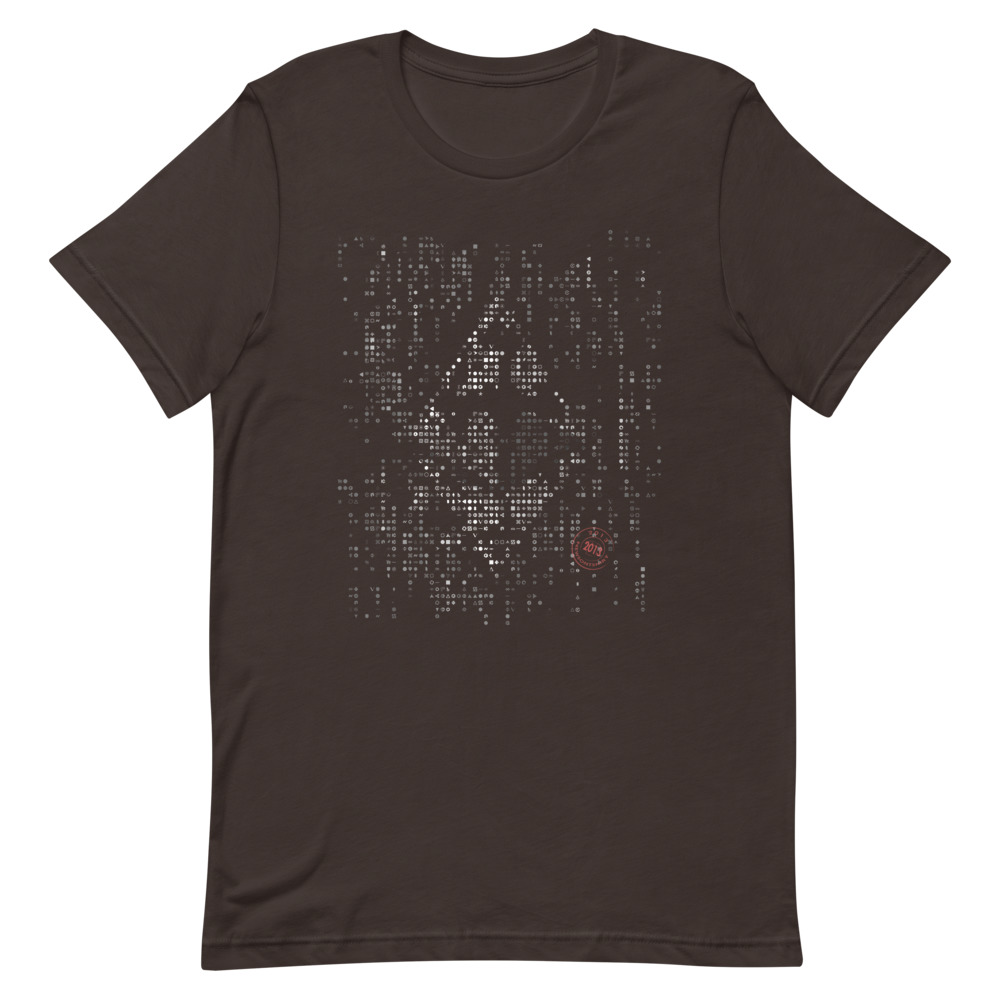
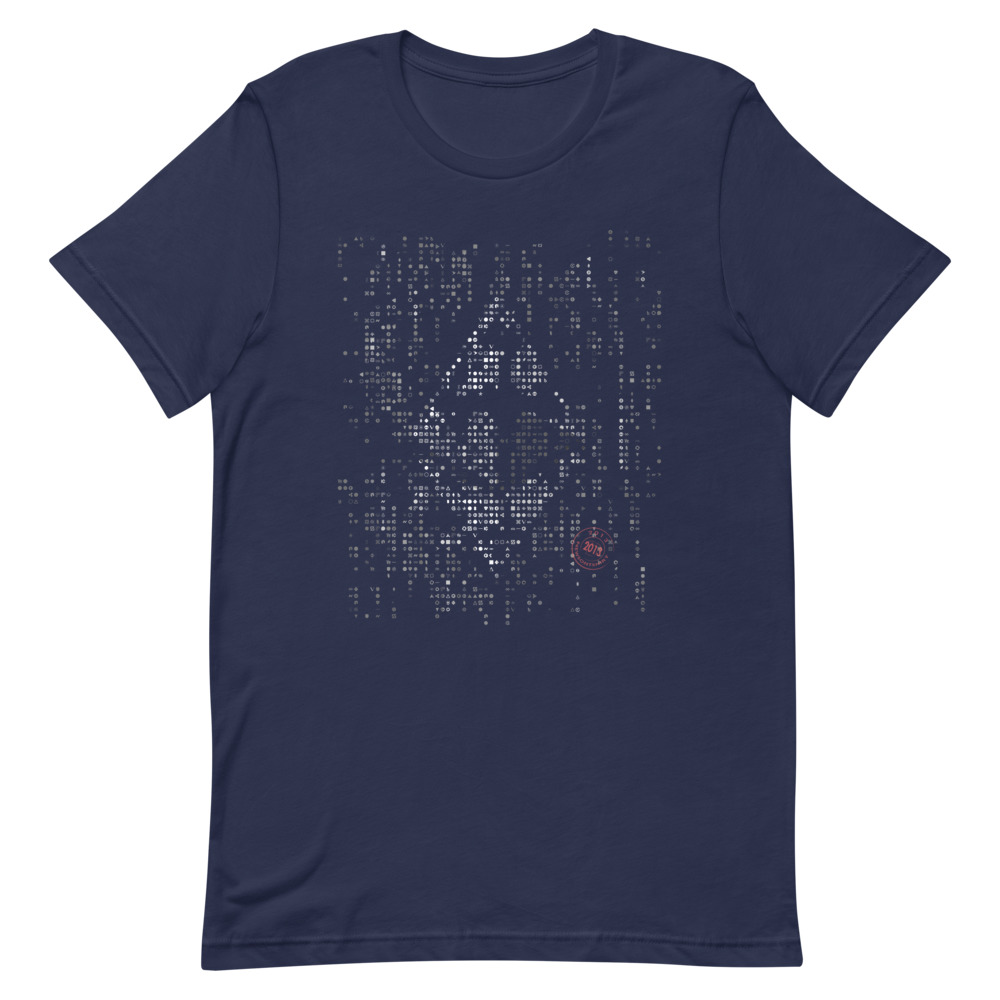
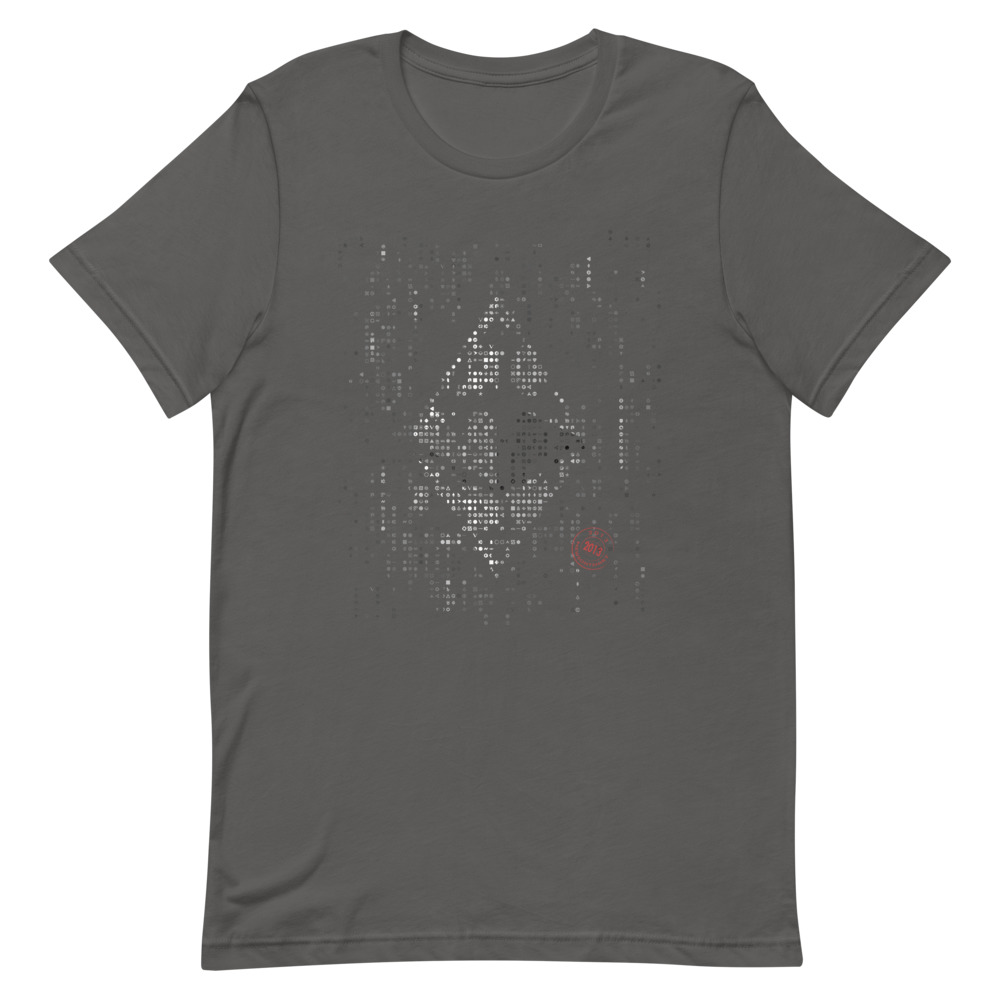



















CryptoKid –
OMG, this Cryptocurrency Ethereum T-Shirt is dope AF! The design is so lit and the shirt is hella comfy. Like, I’m totally into crypto and Ethereum is my jam, so this tee is straight fire